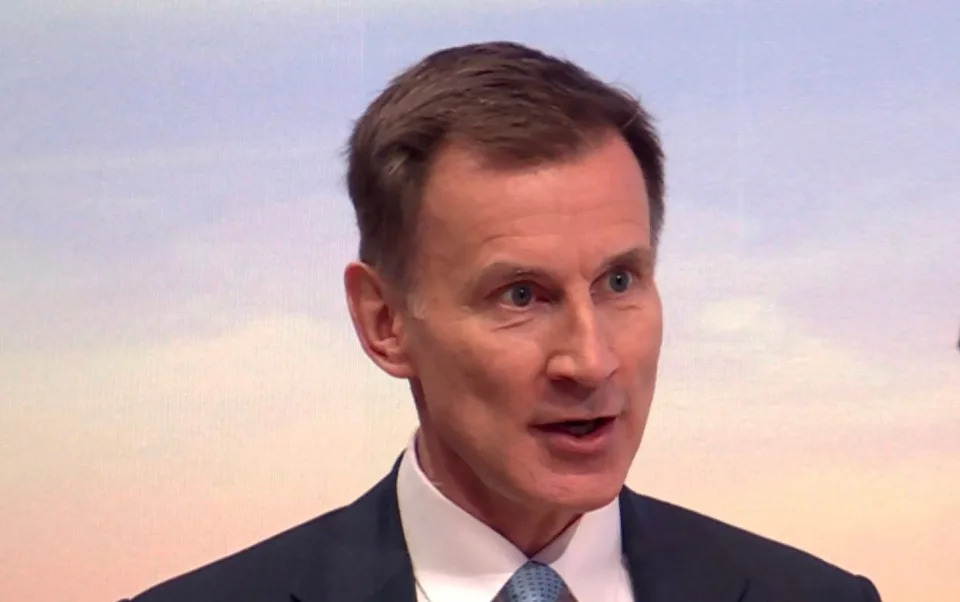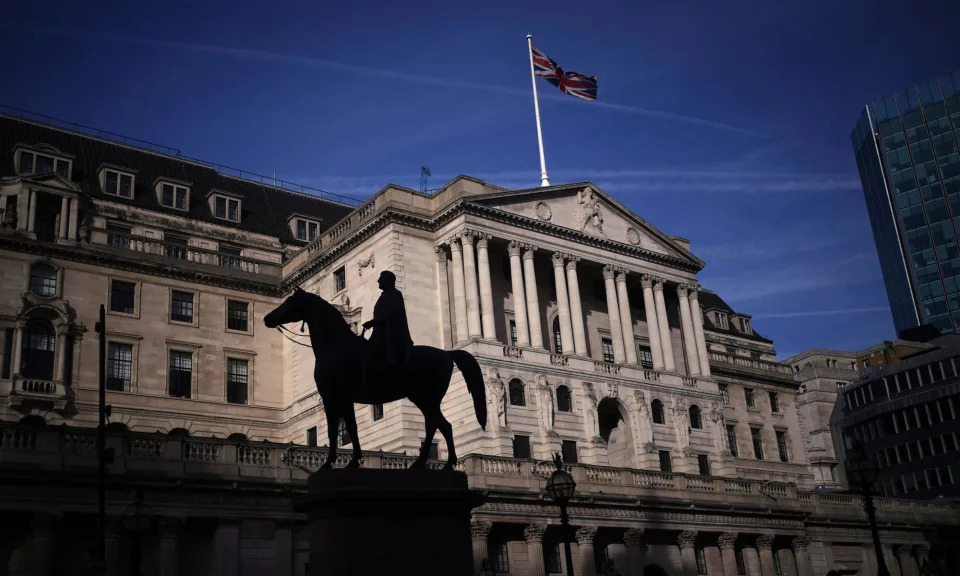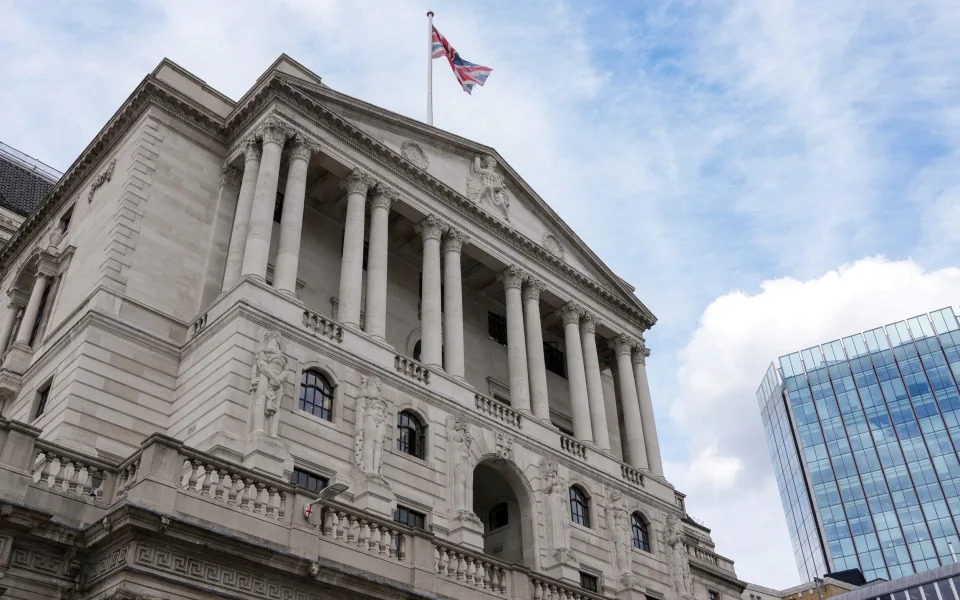‘Our fight will go on’: Why Germans are putting the brakes on Tesla
Elon Musk's plans to expand Tesla's European operations have run into opposition -

James TitcombSun, 3 March 2024 Elon Musk dad-danced on the production line as the first Model Y cars from Tesla’s Berlin “gigafactory” were delivered to customers in March 2022.“This is a great day for the factory,” Musk said, showing off his moves to throngs of fans as he boasted that the launch was “another step in the direction of a sustainable future”.Olaf Scholz, the German Chancellor, said it showed that the east of the country was at the “forefront of industry”.The dancing may have been ill-advised.A few days later, Musk was reportedly denied entry to Berghain, the techno mecca that is a fixture of Berlin’s clubbing scene – although the billionaire later said he had refused to go in.It would not be Musk’s last cold shoulder in Germany.Almost two years after its Berlin gigafactory opened its doors, Tesla is facing growing opposition in the country.Protesters have camped out in the local woods bordering the manufacturing plant, erecting makeshift treehouses and field kitchens as they settle in for the long haul. On Saturday, supporters held a piano concert and handed out cake.Residents in the municipality of Grünheide, where the factory is located, have voted against Tesla’s plan to expand the plant. Last week, a local utility claimed the operations were polluting supplies of drinking water.“Tesla brought a lot of noise and air pollution in the region because of all the trucks that drive every day over the streets,” says Lou Winters from the group Tesla den Hahn abdrehen, which translates to “Turn off Tesla’s tap”.“I talk to people who moved some years ago to Grünheide for the fresh air, for the calmness. Now almost nothing is left of this. For the first time in the history of the factory, the people of the region had the chance to say whether they wanted the expansion or not.” Activists are camping out in Grünheide's woods to protest Tesla's planned expansion, a move that would entail the felling of forests
Activists are camping out in Grünheide's woods to protest Tesla's planned expansion, a move that would entail the felling of forests - Cevin Dettlaff/dpa via AP
Musk, the world’s richest man and an ardent capitalist, is increasingly butting heads with Europe’s more collectivist tendencies.
As well as a row over his German plant, he has faced union rebellions in Scandinavia and a potential privacy investigation in the Netherlands, as well as looming tensions with Brussels over car imports.
It comes as EU governments are desperate for their domestic manufacturers to catch up with Tesla’s electric car leadership.
Two years ago, it seemed Musk’s force of will had broken through German bureaucracy.
Tesla’s boss announced in late 2019 that he planned to build Tesla’s third gigafactory – after plants in California and Shanghai – on the outskirts of Berlin.
It took just 861 days from that announcement for the first cars to roll off the line, supersonic by the standards of Germany’s planning and permissions regimes.
Matthias Schmidt, an independent European auto industry analyst, says Tesla managed to charm local politicians in Brandenburg, the former East German state that borders Berlin and is one of the country’s poorest regions.
“Tesla managed to dazzle and charm Brandenburg’s state government in their headlights,” he says. “It was flattered by the attention Musk was giving them and its state ministers weren’t going to let one of the world’s most progressive companies just drive on by. They weren’t prepared to let traditional German bureaucratic red tape slow them down.”
The benefits were mutual. Local officials could provide evidence they were reviving a region best known for coal mining and creating thousands of jobs in the process.
Meanwhile, Tesla could put a “Made in Germany” stamp on vehicles sold on the continent, as well as enjoy a steady supply of workers from Poland, whose border is less than an hour’s drive away.
The electric vehicle pioneer has long appealed to eco-conscious Europeans, where EVs make up almost one in five car sales, roughly double the proportion in the US. Last year, the Model Y was the best-selling car in Europe.
But locally, the company has never quite been accepted. “There was a huge clash of cultures,” says Schmidt. Conservationists have repeatedly protested and challenged the building of the plant, and protestors threw paint at Tesla’s Berlin store.
Opponents’ gripes include the factory’s working conditions and its effect on drinking water – the local authority said last week that the plant was pumping six times as much pollutants as permitted.
Protestors also cite more politically charged reasons, claiming electric cars are a poor substitute for public transport, while also objecting to lithium mining in poorer countries and capitalism itself.
But the opposition is not limited to a fringe of left-wingers. Last month, voters in Grünheide chose overwhelmingly to reject Tesla’s request to fell around 250 acres of forest and expand its plant by 50pc.
The advisory ballot saw 3,499 votes against the plans, compared to 1,822 in support.

Only 861 days elapsed between the announcement of the Brandenburg plant and its first cars being completed - REUTERS/Hannibal Hanschke
Though the referendum is not binding, local politicians said they would honour its results, forcing Tesla to go back to the drawing board. Opponents are promising to maintain pressure ahead of a council meeting later this month.
Tesla has other problems in Germany. IG Metall, Europe’s largest union, is seeking to boost membership at the company’s plant.
This month, the factory’s worker representation council will hold new elections.
Tesla has told local media in Germany that its plant has no impact on the water supply, while the company has said it will seek further talks with locals opposed to the factory expansion.
However, Christiane Benner, the head of the union, has warned Musk: “You need to be careful – the rules of the game are different here.”
The union, meanwhile, has alleged safety failures at the factory that have led to acid burns and injuries. The company has said it has adequate safety protocols at the site.
Musk, who has long resisted unionisation among Tesla staff in the US, has already had a taste of worker resistance in Sweden, where mechanics have gone on strike over the company’s refusal to engage in collective bargaining. Musk has dismissed the action as “insane”.
Tesla is facing a slew of other issues in Europe. Regulators in the Netherlands, where the company has its European headquarters, are investigating claims from a whistleblower that it broke data protection laws by making workers’ personal details available to all other staff at the company.
Musk’s own standing on the continent has also diminished after he questioned whether the US should keep supplying arms to Ukraine and was embroiled in an anti-Semitism controversy.
Twitter, which Musk has renamed X since buying it in 2022, is the subject of a formal EU investigation over potentially illegal content on the service.
Meanwhile, Brussels is investigating imports of cars from China, an inquiry aimed at Chinese competitors such as BYD. However, the consequences could also harm Tesla, which imports more cars from China to Europe than any other manufacturer.
That only makes it more pressing for Tesla to make more cars in Europe and reflects why delays to its German plans would be such a setback.
It is unsurprising, then, that Musk is assessing his options.
Last year, Emmanuel Macron welcomed the billionaire to the Élysée Palace, where Musk said he hoped to make a “significant investment” in France in the future.
Last week, Italy’s business minister told the country’s parliament that talks had been ongoing with Tesla for months.
The threat of investment elsewhere is likely to spur local politicians back in Grünheide to overcome local opposition.
That may not be easy. Winters, from the protest group, vows not to give up: “Whatever Elon Musk’s plans are, our fight will go on!”





















